Prenatal & Infant Care Luncheon recap
Maternal Medical Leave in Indiana: What legal and medical experts have to say about returning to work

On September 14, 2023, the St. Joe Foundation hosted a Prenatal & Infant Care Network luncheon on maternal medical leave in Indiana from legal and medical perspectives. Registered nurse at Parkview Health and Allen County Fetal and Infant Mortality Review (FIMR) coordinator Britte Nihart, OB/GYN, St. Joe Foundation board member Dr. Lora Overton, and Barrett McNagny labor and employment attorneys Carta H. Robison and Rachel K. Steinhofer all shared their eye-opening insights to the approximately 50 Allen County service providers in attendance.
FIMR is a multidisciplinary, community-based review of de-identified fetal and infant death cases with the goal of improving maternal and infant health outcomes. As the local FIMR coordinator, Nihart discussed the role of stress and the impact it can have on pregnancy and overall health by sharing stories of women’s experiences across different job sectors, types of work, and education levels. “Stress in pregnancy is a significant risk factor for prematurity, pre-term birth, low birthweight,” said Nihart. “If you’re having a lot of stress from your employer or stress because you’re afraid you’re going to lose your job, that’s going to have an impact.”
Dr. Overton echoed those concerns and shared, from a medical perspective, what a woman’s body goes through during pregnancy and how stress can impact everything from mental health to increased risk of gestational diabetes and heart disease. Stress can trigger the “fight or flight” response in the body. “Epinephrine increases in the body from the adrenal cortex causing an increase in glucose and heart rate to fight or flee,” explained Overton. “When we have stress in pregnancy, we see an increase in high blood pressure and hypertension and an increase in gestational diabetes that may result in hypertension and diabetes later on which decreases our life expectancies.”
Much of the stress that many pregnant women experience stems from workplace concerns, but medical needs don’t always align with policies and law. Being better informed about employer policies and legal rights can help ease some of the stress that comes from confusion and uncertainty. “People need to know what they can ask for and what they should ask for,” said Steinhofer. “An employer has to provide at minimum what is required by the law, but they can always provide more.”
Steinhofer and Robison spoke at length about the Family and Medical Leave Act (FMLA) which provides job protected leave, the Providing Urgent Maternal Protections for Nursing Mothers Act (PUMP) which requires breastfeeding accommodations for 12 months, and expectations around paid and unpaid time off. “It comes down to your clients and patients being advocates for themselves,” said Robison. “But being an advocate means you have to have the knowledge base to understand what’s out there and available to you, and what you can push back on with your employer.”
For more information and resources, please visit: sjchf.org/programs/pic-network/topics
